Research
Learn more about the research directions explored in our lab
Learn more about the research directions explored in our lab
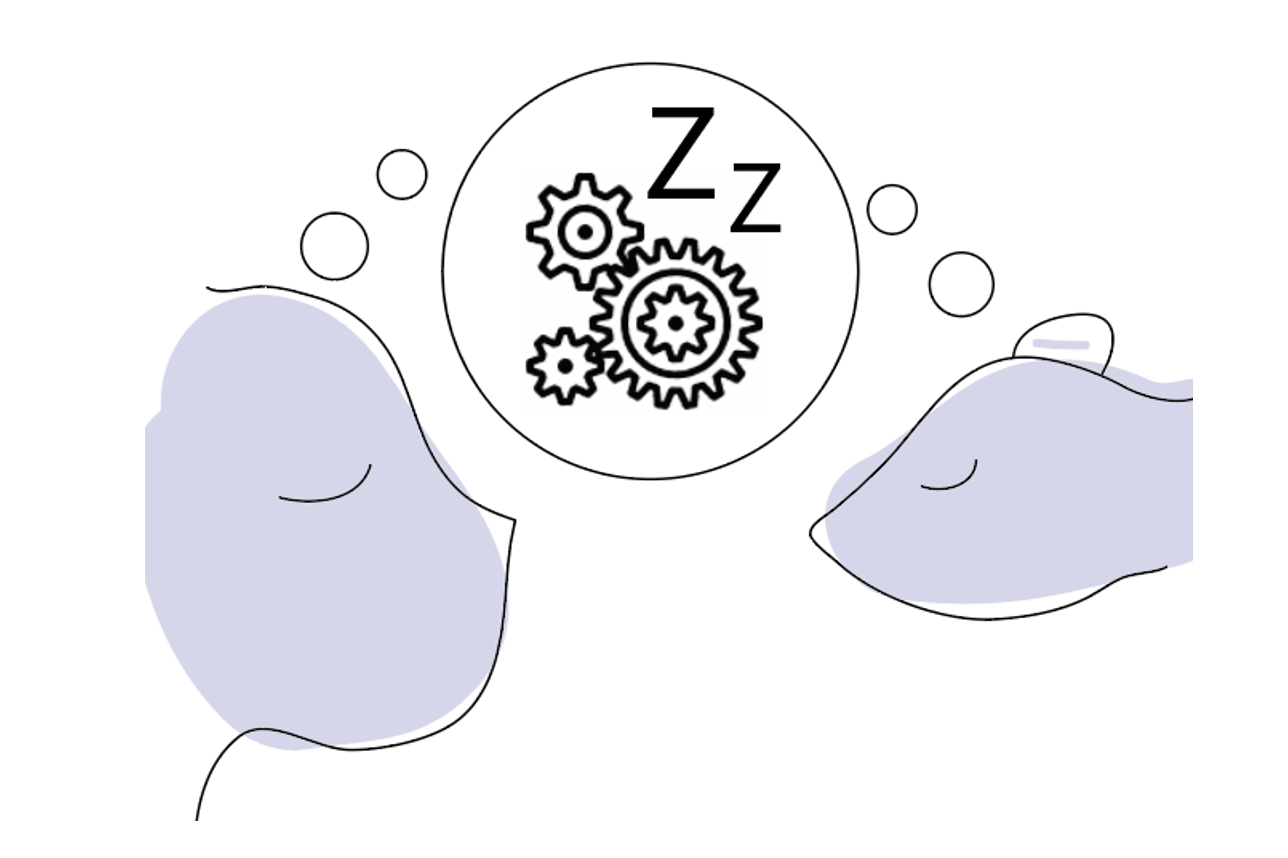
Sleep is essential to all animal life. But why are sleep needs greater in young mammals? Evidence points to a key role in cognitive development. There is increasing evidence that poor sleep at critical development stages may facilitate the emergence of neural disorders. Yet this is only correlative, but not causal evidence. We record and decode neural activity from multiple brain areas, while automatically scoring sleep in freely behaving pups. Our aim is to elucidate the computational mechanisms at play during developmental sleep and reveal their role in healthy brain maturation.
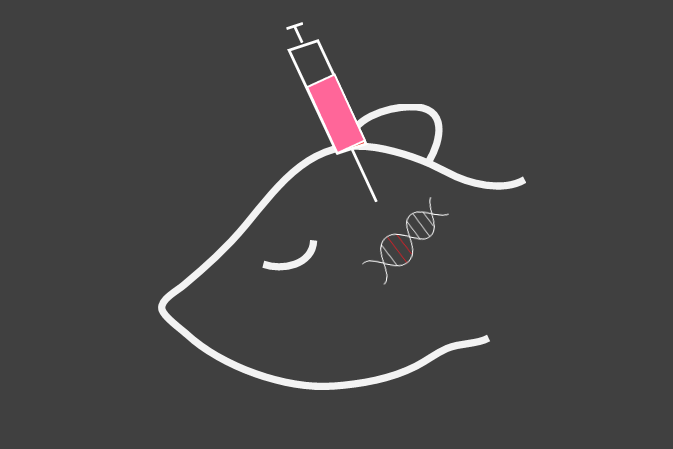
Exploiting recent advance in gene editing, molecular and viral tools to engineer rodent models of developmental sleep deprivation (Chemogenetic, Optogenetic, CRISPR)
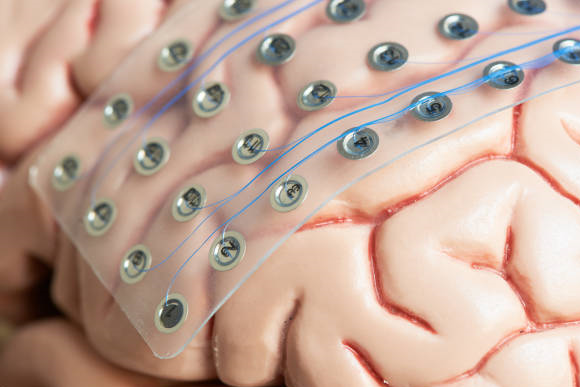
With a team of neuroscientists at the faculty of medicine (UiO) and engineers at Sintef, we harness innovations in micro-opto-electronics, chip and wireless technologies to develop wireless and fully implantable smart brain probes that can decode and manipulate brain activity in real time in rodents. This technical leap will allow a radical increase in a subject’s freedom of movement – allowing more naturalistic experimental set-ups – while keeping state-of-the-art quality of recordings and optogenetics light stimulation.
Collaborative network: Charlotte Boccara (NCMM, UiO), Torkel Hafting (IMB, UiO), Sintef (lead: Enrique Escobedo-Cousin)
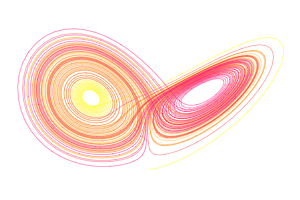
Developing analytical pipelines and machine learning algorithms to automatically detect and decode multiunit activity codes and oscillatory events across brain regions.
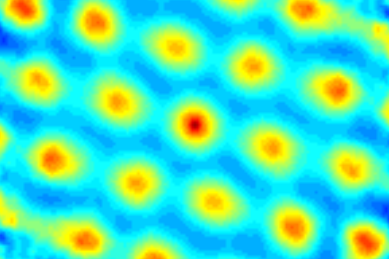
We revealed how encoding of new (goal) information transforms internal representations, challenging the concept that grid cells only convey spatial information (Science 2019). We also brought forth new perspective as to memory consolidation mechanisms, revealing that the cortex could replay traces either autonomously or in coordination with the hippocampus (Science 2017).

Obesity and bad sleep habits among teenagers are two rising health concerns that seems intertwined. To understand how the brain and the fat tissue communicate while we sleep, we propose SmartSense, an ambitious and innovative project, resulting from the convergence of four research groups with expertise either in sleep, fat tissue biology, epigenetics, or sensor technology, all located at the University of Oslo.
Collaborative network: Charlotte Boccara (sleep and brain probes, NCMM, UiO), Phillipe Collas (epigenetic, IMB, UiO), Nolwenn Briand (metabolism, IMB, UIO), Ørjan Martinsen (sensor technology and electronics, Physics department, UiO)

Our hypothesis is that Autophagy is a phylogenetically conserved mediator of sleep benefits. To evidence that link, we propose a collaborative project between the Boccara lab (sleep) and the Knævelsrud lab (autophagy – IMB, UiO). We aim to develop tools and strategies to study autophagy during sleep in an invertebrate (Drosophila) and a rodent (rat) model of sleep deprivation
Read more here